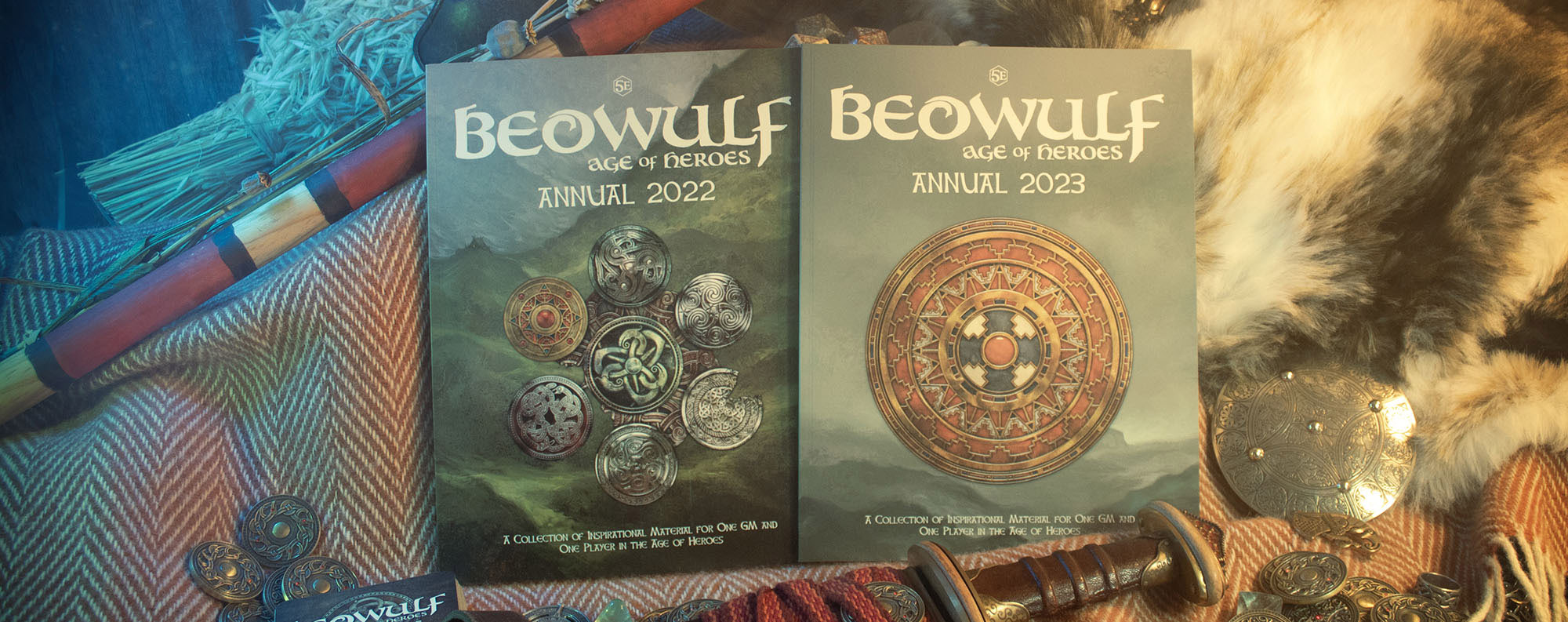Cold City and Hot War are coming to Kickstarter in early March (we want to let the Zinequest folks do their thing first!) In preparation for that we bring you the first in a short series of compact videos unpacking the basics of what these two tabletop RPGs are all about!
If you prefer to read rather than watch and listen, here’s the transcript:
Hello. My name is Jon Hodgson from Handiwork Games,
and we thought it would be a nice idea to make some little short videos explaining, to start off with, just the basics of Cold City and Hot War.
I am joined today by Malcolm Craig, the creator and designer of Cold City and Hot War, whose name I always get the wrong way round, and I’m trying really hard to not do that.
Malcolm, could you give us a bit of an introduction on who you are?
So I’m, Malcolm Craig in my day job, which I’m currently in, as you can probably tell, I am a senior lecturer in American history at Liverpool John Moore’s University, Liverpool in the UK. Remarkably enough. And by night. I am a games designer. A Has-been games designer of yesteryear! But now back, you know, like
a greying superhero with limited powers.
So. You say you’re back. This is the second edition of Cold City and Hot War.
Yes.
Some folks I know who will have already signed up at the campaign. There’ll probably be a link somewhere to do that. They will be well aware of these games. Could you give us kind of the elevator
pitch for what this is? It’s two games, right? What’s the elevator pitch for both games?
Well, they’re thematically linked games. Cold City is a game of, hidden agendas, trust, and monster hunting in Berlin in 1950, as the Cold War is really taking off. And Hot War is a game of friends, enemies, relationships, and the breakdown of society in the aftermath of nuclear war in London in the winter of 1963. So, they are both thematically linked by the history that they portray, but also by the fact that the they take a slightly alternative history, science fictional approach to the Cold War and that technologies were developed in 1939 and 1945 that still linger on in the present day.
I was going to say it’s really strongly inspired, obviously, by your professional-level
now knowledge of the history of the Cold War. But also there is a sort of that that element we might expect in games of a little bit of a more fantastical edge to things. If people are looking for that, it’s there.
Yeah. And, and otherwise it becomes unrelentingly bleak. Yes. I think the, the, your science fictional or cultish horror weirdly takes away from the bleakness slightly.
Yeah. It just cheers it up a bit.

